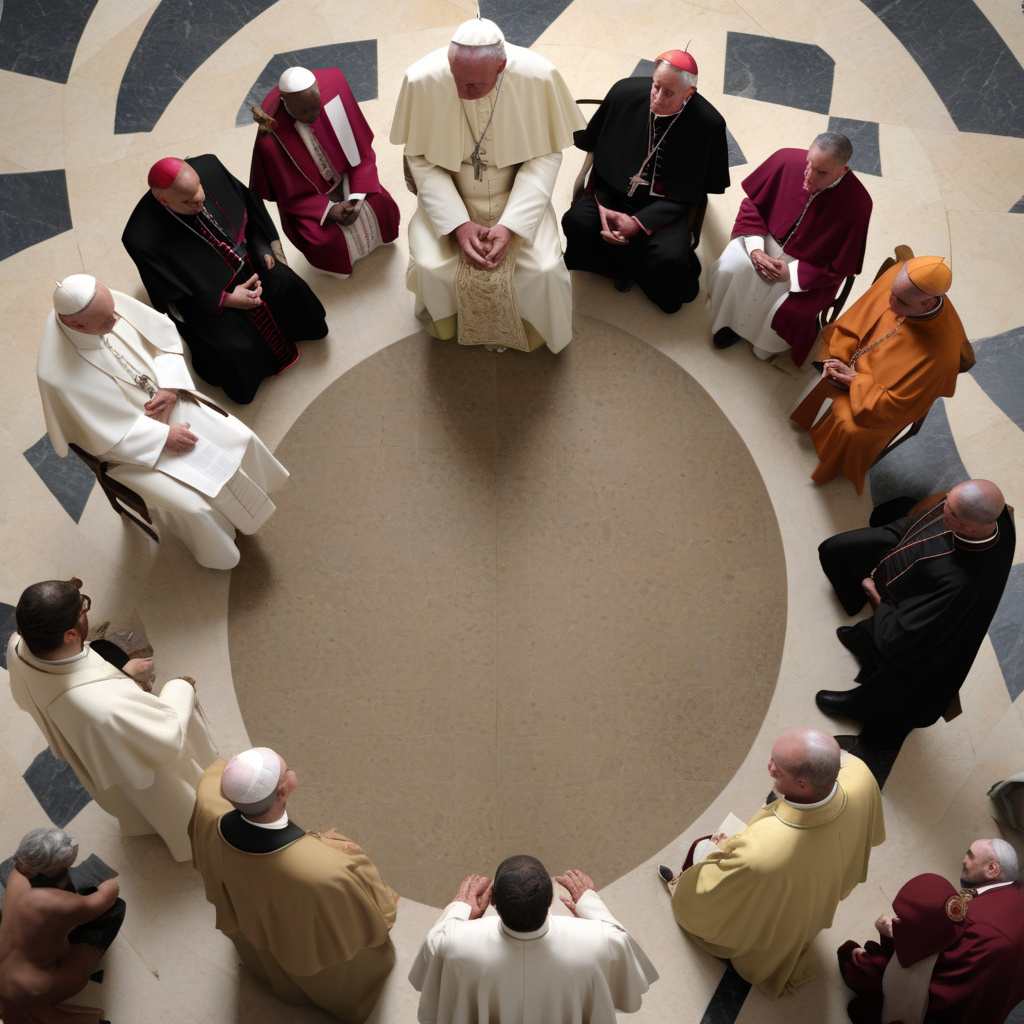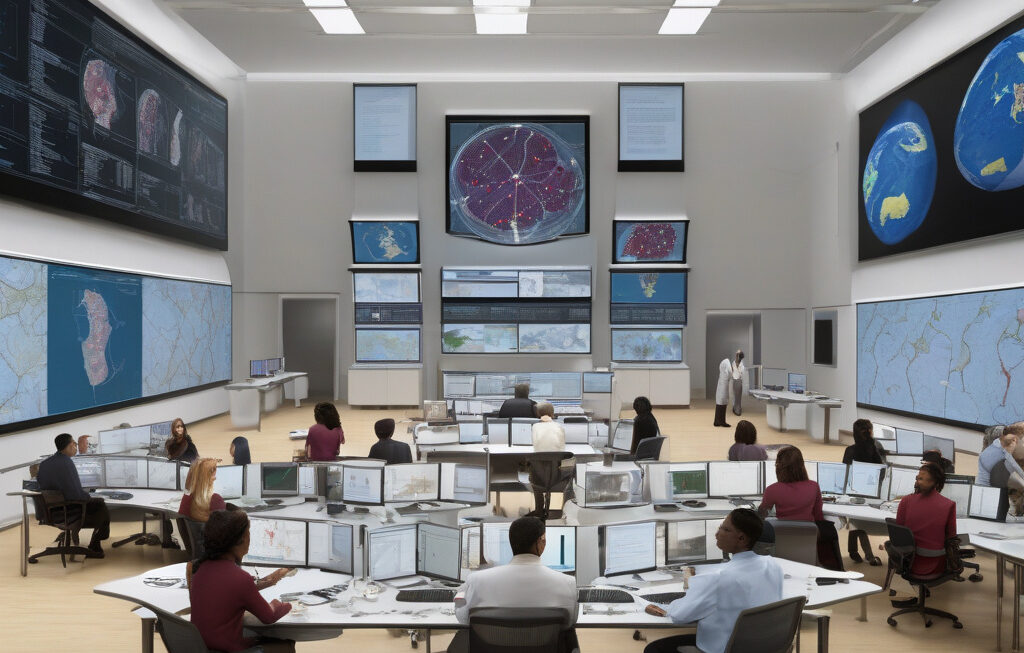The Vatican, a centuries-old institution rooted in faith and reflection, has long been a symbol of peace and spiritual guidance. In today’s fractured world, filled with conflicts and uncertainties, the question arises: can the Vatican still offer the kind of calm and credible space needed to foster peace and harmony?
The Vatican, located in the heart of Rome, is not just the spiritual center of the Catholic Church but also a symbol of hope and reconciliation for millions around the world. With its rich history and tradition of advocating for peace and justice, the Vatican has played a significant role in mediating conflicts, promoting dialogue, and addressing global issues.
One of the key strengths of the Vatican in promoting peace is its moral authority and neutrality. As an independent city-state with diplomatic relations with over 180 countries, the Vatican is uniquely positioned to engage in dialogue and diplomacy on a global scale. Through its diplomatic channels and network of ambassadors, known as nuncios, the Vatican has been able to facilitate peace talks, mediate conflicts, and advocate for human rights.
In recent years, Pope Francis has been a vocal advocate for peace and social justice, using his platform to address issues such as poverty, environmental degradation, and global conflicts. His encyclical “Laudato Si’,” which calls for a renewed dialogue about how we are shaping the future of our planet, has been praised for its moral clarity and urgency.
Moreover, the Vatican has been actively involved in mediating conflicts in various parts of the world, from the Middle East to Africa. For example, the Vatican played a crucial role in brokering the historic peace agreement between the United States and Cuba in 2014, helping to thaw decades of diplomatic tensions.
The Vatican’s commitment to peace is not just limited to diplomatic efforts but also extends to its humanitarian work. Through initiatives such as Caritas Internationalis, the Vatican’s global network of charitable organizations, the Catholic Church provides aid and support to millions of people affected by conflicts, natural disasters, and poverty.
Despite its efforts, the Vatican faces challenges in promoting peace in today’s world. The rise of nationalism, populism, and religious extremism has created new obstacles to dialogue and reconciliation. Moreover, the sexual abuse scandal that has plagued the Catholic Church has undermined its moral authority and credibility in the eyes of many.
To remain relevant in today’s world, the Vatican must continue to adapt and evolve its approach to promoting peace. This includes engaging with different faith traditions, embracing diversity, and addressing internal issues such as transparency and accountability.
In conclusion, the Vatican’s role in promoting peace in today’s fractured world is both a test and an opportunity. By leveraging its moral authority, diplomatic networks, and commitment to social justice, the Vatican can continue to be a beacon of hope and reconciliation for people of all faiths and backgrounds. As Pope Francis said, “Peace is not merely the absence of war, but the work of justice.” It is up to all of us to heed this call and strive for a more peaceful and harmonious world.
Vatican, peace, diplomacy, Pope Francis, global peacebuilding










